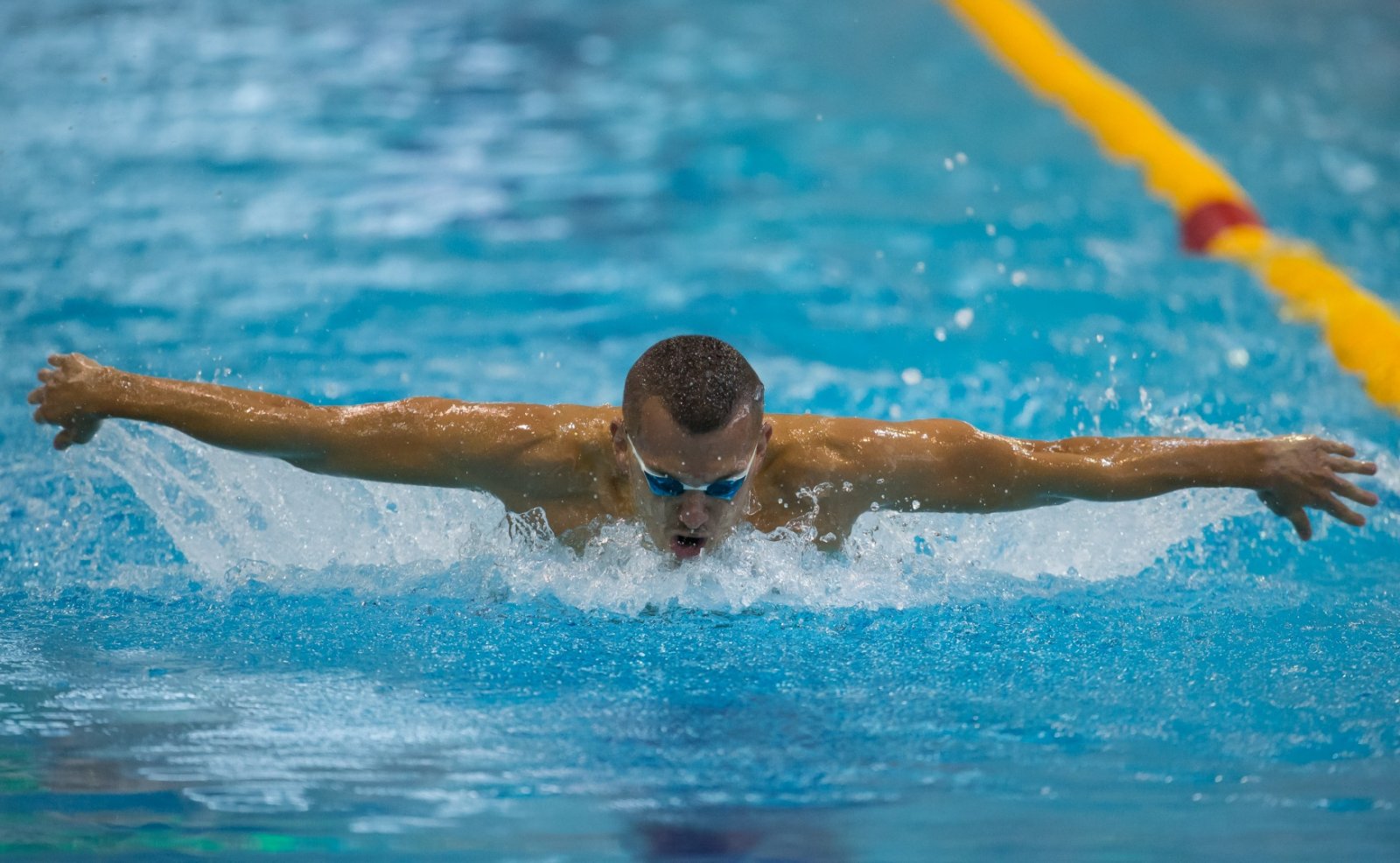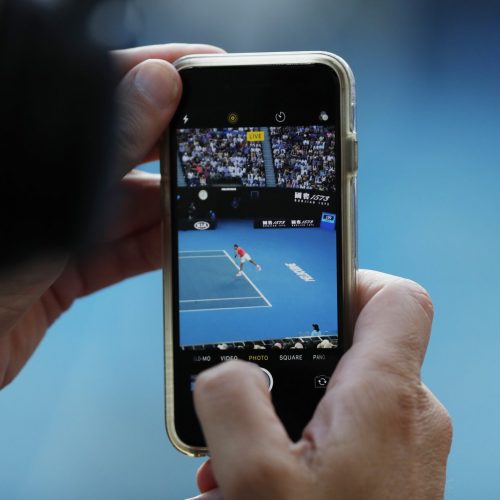OTT continues to grow as FINA dives in with deltatre
Last week, swimming’s governing body, FINA, announced it’s move into the OTT market through the release of FINAtv. It’s the latest in a string of announcements that have shown the growing shift into this fast growing part of the market.
In our most recent podcast interview with Bundesliga’s Andreas Heyden, he spoke about the just launched service with DAZN that will tested in the coming season. And we have heard rumblings that the Premier League is looking towards a live streaming offering itself.
The most interesting part of the press release from FINA, and it’s partner on the project deltatre, is;
“The launch of the service represents the latest initiative from aquatics’ governing body to broaden the global reach of the immensely popular sport and specifically, the swiftly growing OTT consumer”
It’s the last part of that statement that shows why sports has seen a recent surge in activity within this market. We have seen, and discussed many times, about the changing media landscape and the viewing habits of younger people.
The advent of Netflix, Amazon and the proliferation of catch up TV, how many people actually watch standard appointment-to-view TV anymore? (apart from myself, and that is getting less).
As Andreas mentioned in the podcast, sport finds itself in a unique position and offers a challenge to those who wish to ‘disrupt’ the broadcast model. One that the often compared with music industry didn’t face. That issue is that sports events are very much based on a certain moment in time. Netflix and the like can set programme schedules and drip feed or release on mass a normal series. But sport happens when it happens, it’s harder to schedule in and probably why Netflix hasn’t touched it (yet).
But what products such as FINAtv do allow is for the easy global distribution of content, so less reliant on local broadcast deals. It allows people in areas where there is no current distribution to access it. And it also provides a platform to games/events that do not usually command a TV appearance (plus you get to retain control of your core product).
We still see a split between those who are putting up content for free on social media platforms, as FIBA has been doing successfully. And those who are looking at it as a new revenue stream by requiring a subscription as per FINA. What content you put on what platform is still to be debated and will vary with each organisation. But we are seeing a significant shift towards rights holders becoming more self sufficient when it comes to broadcast production and retaining more control over its quality and revenues that come from it.
The future will throw up plenty more questions around the size of traditional broadcast deals – will the Premier League continue to grow? Will internet rights now become more valuable? Will OTT compete with TV? and much more.
But to finish off I refer back to Andreas in yesterday’s podcast. The Bundesliga no longer has a ‘mobile first’ strategy, but a ‘mobile-only’ one now. This shift to viewing on the move and it becoming ever more personalised will only grow, and it will be interesting to see how the industry reacts.
“The is a pivotal time in global sports where innovation will be crucial to achieve sustained growth and cultivate new audiences” – George Pyne, Bruin Sports Capital CEO
About author
You might also like
The seven essentials for achieving successful sports branding
By Daniela McVicker When it comes to sports, great branding is a must. Your brand influences how people see your company or team. It helps you to forge connections with
Live Chat: A New Social Experience in Sports
Article written by John S. Kim, CEO and co-founder of global API company SendBird Social media rose to prominence throughout the world due to its potential for connection. Social channels provided the
Snack Media’s Football Content Campaign’s Review: February
By Mike Constanti This series, in partnership with Snack Media, will look at the best football campaigns from advertising to social media on a monthly basis, as Digital Sport evaluates how








